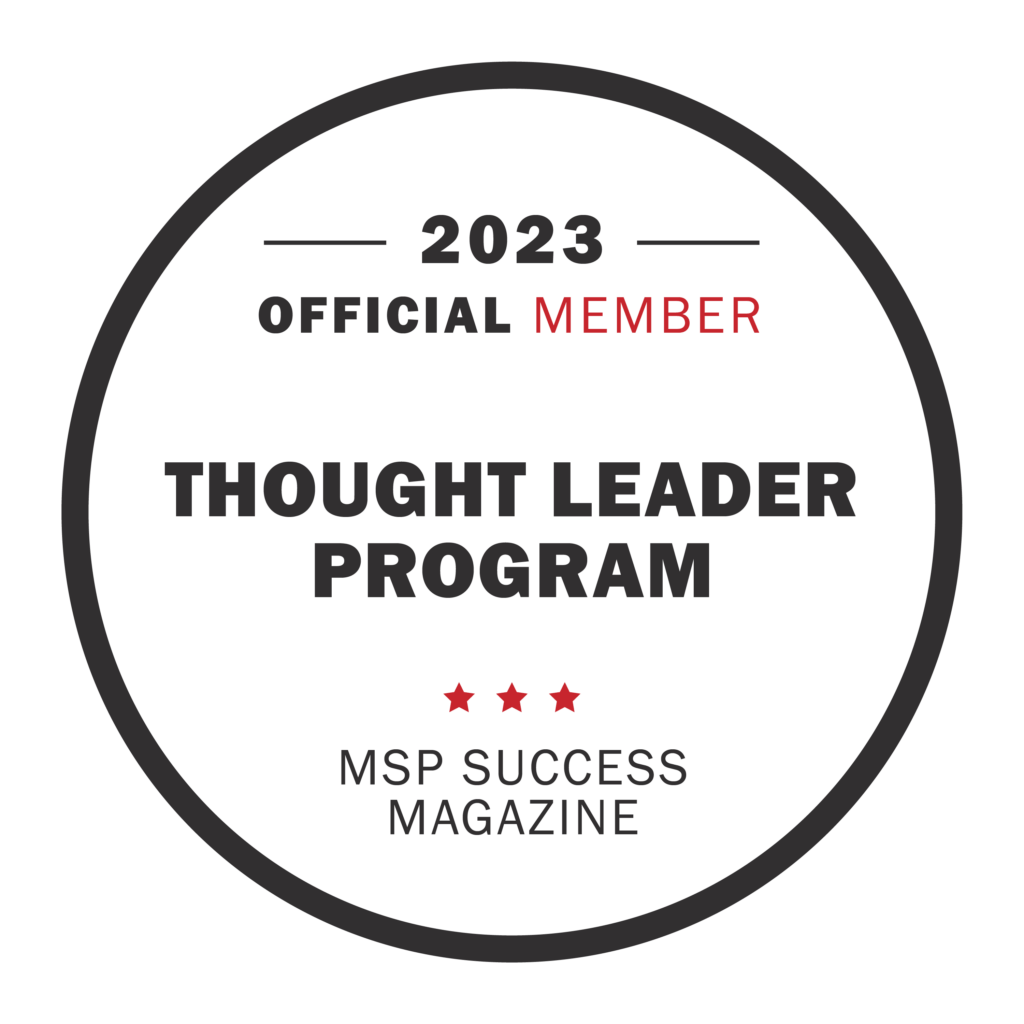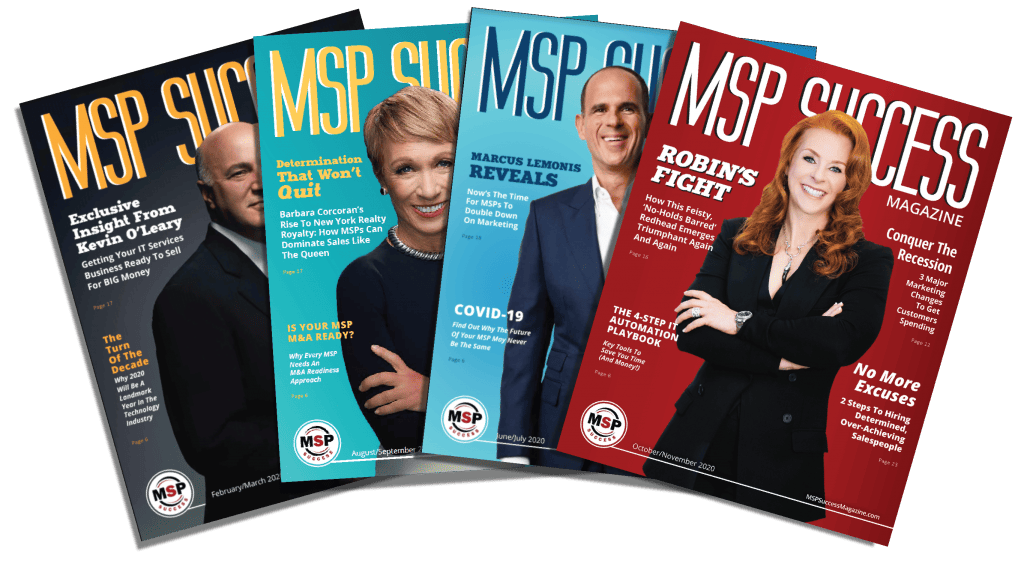
The MSP Success Thought Leaders Program invites leaders
in the small business IT/MSP industry
to share their insights and advice with MSP Success readers.
Did you know that during the first quarter of 2023, more than 6 million data records were exposed worldwide through cyber incidents, according to Statista? It’s a stark reminder of the ever-looming threats in our digital age, underscoring the critical importance of staying ahead of regulatory changes that could impact both our current and potential customers.
One development managed services providers should be paying attention to is the Federal Trade Commission’s Safeguards Rule update that went into effect this past June. This update brings significant changes, particularly in the expanded definition of a “financial institution” to include non-banking organizations. For MSPs, this presents a golden opportunity to assist our clients in staying compliant and avoiding hefty fines.
Understanding The FTC Safeguards Rule Update
The FTC Safeguards Rule has long been a cornerstone of data security in the financial sector. Initially targeting traditional banks, the recent updates extend the rule’s reach to non-banking organizations that handle personal financial information. These updates expand the definition of “financial institution” to include a broader spectrum of businesses. Companies like tax preparers, app developers and fintech firms, for example, must now adhere to the same stringent security standards as traditional banks.
The Safeguards Rule outlines specific requirements for organizations to protect sensitive customer data. It includes designating a dedicated information security program and implementing data access controls, regular risk assessments, employee training and encryption, among other security measures. As these requirements extend beyond traditional financial institutions, the responsibility falls on established and emerging businesses to ensure compliance.
Opportunity For MSPs
As IT and security experts overseeing the technology infrastructure of many businesses, MSPs are uniquely positioned to help clients navigate the complexities of regulatory requirements. The expanded scope of the Safeguards Rule creates an excellent opportunity for MSPs to offer additional services while assisting customers to avoid fines and penalties.
Here are some of the services MSPs can provide:
- Compliance Assessments: MSPs can thoroughly assess their clients’ data security and compliance with the updated rule. This service helps identify gaps and areas that need improvement.
- Customized Compliance Solutions: Based on assessment results, MSPs can develop tailored compliance solutions to meet each client’s specific needs and risk profiles. This includes creating or updating security policies and procedures.
- Security Awareness Training: Providing comprehensive security training for clients’ employees is crucial. Well-informed employees can help prevent security incidents, reducing the risk of noncompliance.
- Incident Response Planning: MSPs can work with clients to create effective incident response plans. By having a well-defined plan in place, clients can respond to data breaches promptly and according to regulatory guidelines, reducing the potential for fines.
- Monitoring And Reporting: Regular monitoring and reporting services allow clients to proactively identify and address security vulnerabilities, demonstrating their commitment to safeguarding sensitive data.
- Encryption And Data Protection: Offering encryption solutions and helping clients implement data protection measures, such as encryption for data at rest and in transit, ensures compliance with data security requirements.
- Vendor Risk Management: MSPs can assess and manage vendor risks to ensure they meet the same security and compliance standards, thus avoiding compliance violations.
- Audit Readiness: MSPs can help clients prepare for regulatory audits. This includes collecting and organizing documentation and ensuring compliance with record-keeping requirements.
- Regular Compliance Reporting: MSPs can generate compliance reports and documentation, simplifying and demonstrating compliance to regulators and auditors.
- Secure Cloud And Data Center Services: MSPs can offer secure cloud and data center services designed to meet compliance requirements, including secure data storage, backup and disaster recovery solutions.
By providing these services, MSPs not only help their clients meet regulatory requirements but also reduce the risk of fines and penalties. Their comprehensive solutions position MSPs as trusted partners in data security and compliance, adding value to their services and potentially attracting more clients seeking expert guidance in navigating the complex regulatory landscape. Ultimately, this is a win-win situation, where MSPs can expand their service offerings while helping clients stay compliant and avoid any legal qualifications.












